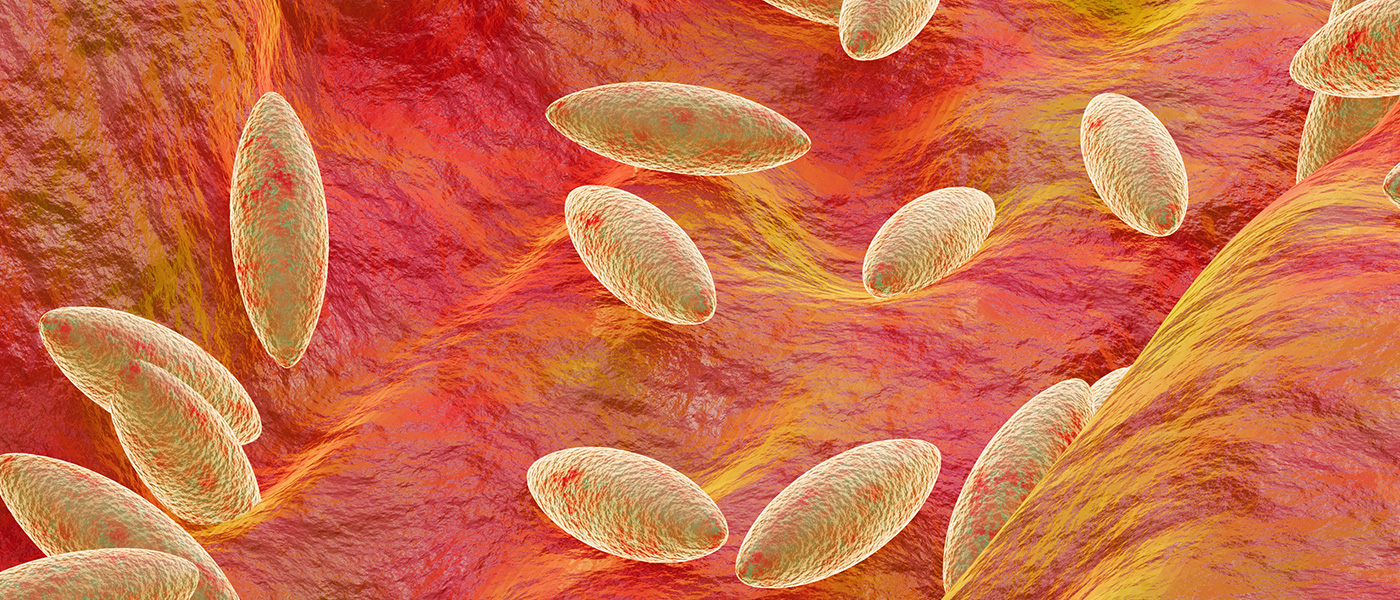Brucella melitensis
Brucella melitensis is a zoonotic pathogen that causes brucellosis in humans through contact with infected livestock or dietary products.
Brucellosis is a chronic disease with a debilitating course. Despite prolonged antibiotic combination therapy, relapses are frequent (5-15%) and contribute significantly to morbidity. Brucellosis is endemic in certain regions of the globe, such as southern Europe and the Middle East.

NCCR AntiResist aims to determine the physiological state of B. melitensis in brucellosis patients for developing in-vitro models that enable the discovery of more efficacious treatments. We are also developing a model of the human placenta that aims to recapitulate critical elements of chronic infection during pregnancy. This model will be used to devise safe and efficacious antibiotic therapy for pregnant women suffering from brucellosis.
Meanwhile, we have already discovered that another Brucella species, Brucella abortus, associated with less frequent infections, can survive antibiotic treatment in an in-vitro model of infection. This surviving fraction is found intracellularly and could potentially act as a reservoir for re-infection. You can read about this in more detail in a paper published by the Dehio Lab.
PLoS Neglected Tropical Diseases (Mode, Ketterer, Québatte et al., 2022)
Leadership of Brucella melitensis research
Prof. Christoph Dehio
Prof. Christoph Dehio
Director
Principal Investigator
Research Page »
Prof. Jacob Moran-Gilad
Prof. Jacob Moran-Gilad
Research Page »





